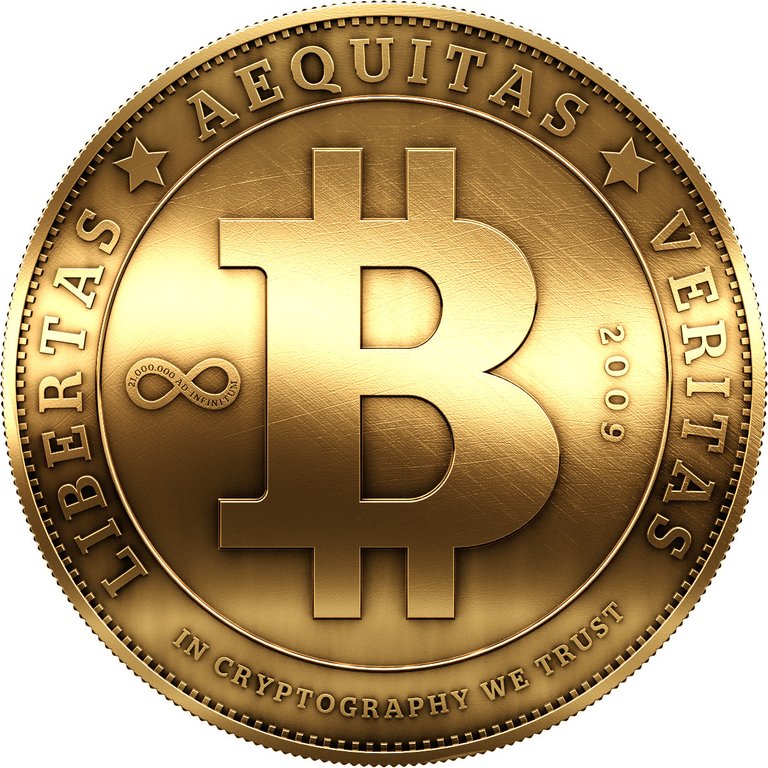Since the launch of this digital currency, perhaps debated at the Davos Forum, and the World Summit of Governments in Dubai, the content has not lost sight of the reality of the currency's importance in the financial world and to what extent it has been able to shake the reality of this sector.
![]()
Many of the criticisms have affected digital currencies in recent years, especially pettiness. But today it is taking a special place in all global economic forums, indicating a change in the reality of the financial sector.
A review of the performance and volatility of the price of protein, we find that after performance was the worst between currencies against the dollar in 2014, where it lost 57% of its value, the currency rebounded in 2015 to jump 40% against the dollar.
For the coming period, expectations are a strong boost to the growth as supply grows.
More than 5 million users started trading in this currency in 2015 only, and the total value of transactions increased in the same period, which of course indicates demand growth.
The currency has sparked much controversy in the global financial sector.
Debates in Davos drew attention to the rapid growth of these currencies, advising policymakers and bankers to start educating themselves about innovations in payments.
But they reduced the risks posed by digital currencies to the fundamentals of the current financial system. The International Monetary Fund (IMF) indicated that the size of digital currencies was still very small, at $ 7 billion, or 0.1 percent of the $ 4.1 trillion in money supply.
The chief economist at Citibank said that the content itself proved to be failing as it showed the basic flaw of programming, the risk of penetration.
Morgan Stanley, chief executive officer of Morgan Stanley, said that the fortunes would not change the lives of everyone tomorrow, knowing that he had described the currency to Surrealism a year ago.
While there are branches of investment banking services that may benefit from digital currencies, such as securities trading and cash transfers, regulatory challenges are still worrying in this area.
But despite all these criticisms, we have noticed the entry of some of the giants of the financial sector, and here we mention Goldman Sachs' investment of $ 50 million in the emerging company Circle Internet Financial, which provides storage services and the use of content.
NASDAQ also launched its first dedicated blockchain product, Nasdaq Linq, to become the first global exchange to deal with blockchain technology.
It is important here to stop in the form of a simple form, a book of accounts that records all transactions that take place in the currency of the composition.

But this book has very important applications, as it is a non-corrupt platform that accommodates a wide range of data, and therefore its applications may be wide. It is possible for governments to use them to collect taxes, issue passports, track land records, and ensure the supply chain of goods, generally maintaining records and tracking government services.
The debate outperforms the operational advantages of the digital currency, and goes beyond the question of the realism of currency solutions instead of the dollar.
The digital currency offers a new reality in payments, transfers, settlement of securities and so on. The most important thing here is the reality of the new Internet Value, a world in which money is exchanged as quickly as information travels. Who will join the train?
@razor80 very interesting post - followed and upvoted.
I personally think that the future for digital currencies is bright but there will be enough obstacles along the way to put many people off! Check out my blog if you are interested in crypto-news!
Alex
thanks and i will <3